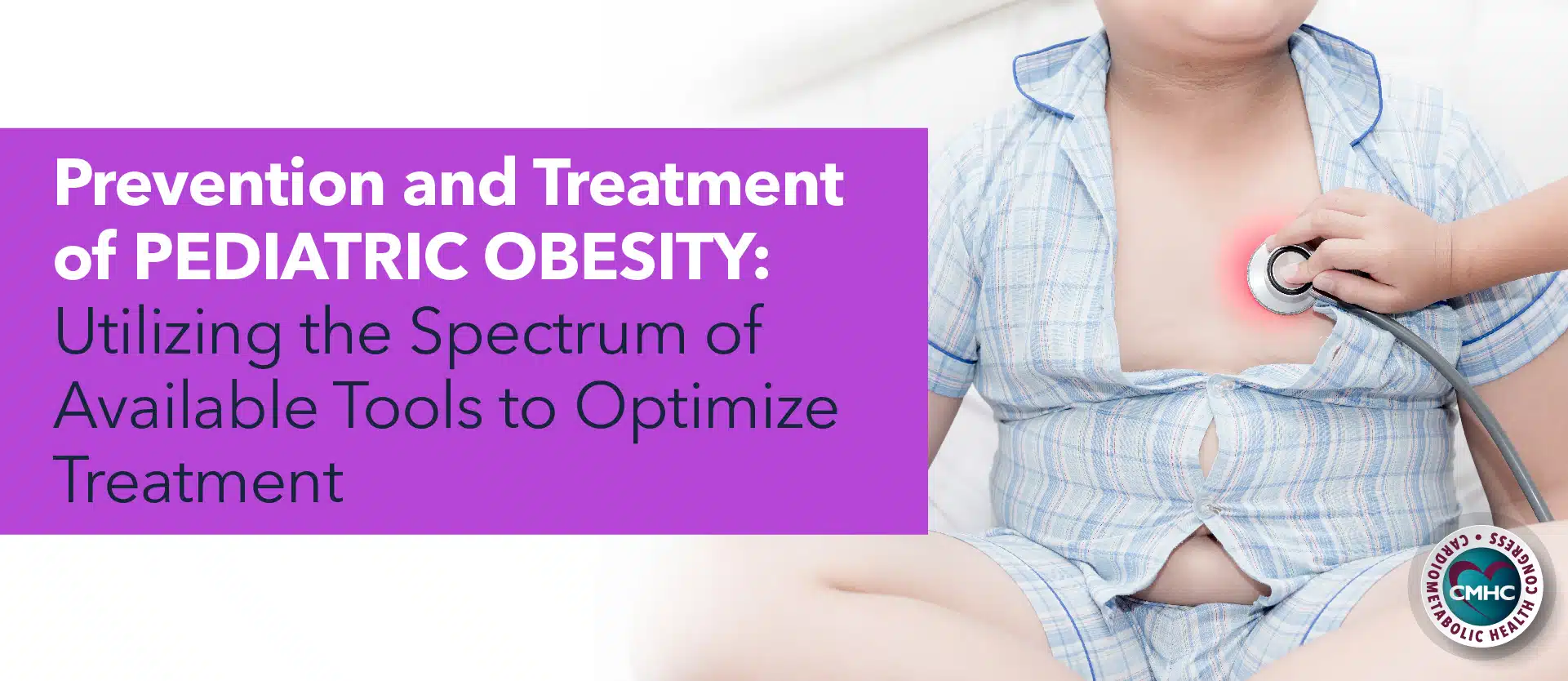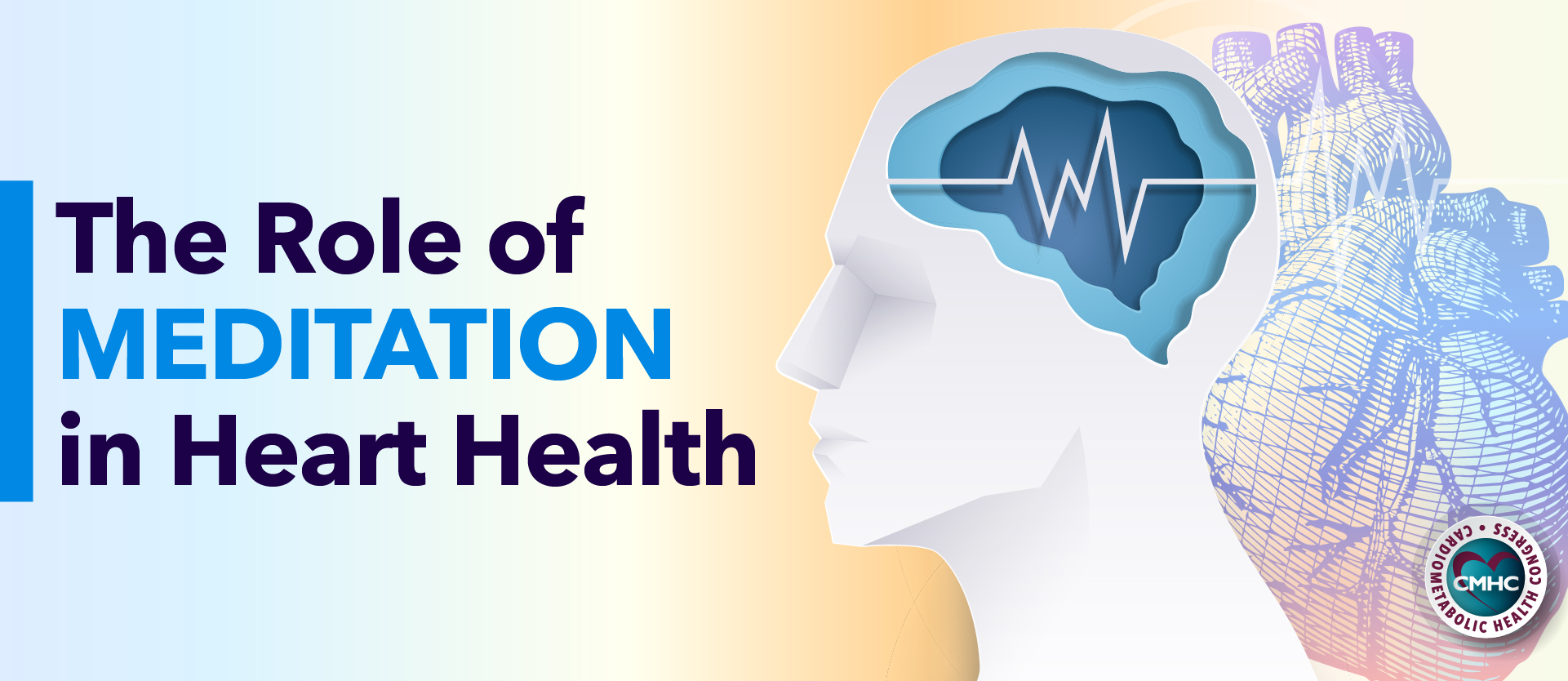A recent study published by the Journal of the American College of Cardiology includes data that indicates an association between the presence of cardiovascular risk factors in adolescence, and a lower cognition later in life–“regardless of the exposure experienced during adulthood.”
The data investigated a sample of 3,596 individuals from childhood to adulthood, including follow-up cognitive testing, in addition to measurements of cardiovascular risk factors like cholesterol levels, blood pressure, body mass index, exposure to smoking, etc.
The study was able to specifically pinpoint the worsening of midlife cognitive performance among those individuals with high blood pressure and cholesterol in childhood, adolescence, and young adulthood. The data further demonstrated that smoking in adolescence and young adulthood is linked to a decrease in cognition: specifically, memory and learning.
Study participants between the ages of 6 and 24 who had all risk factors within the recommended levels performed better on cognitive testing than their counterparts who exceeded all risk factors guidelines at least twice; the difference corresponded to the effect of 6 years of aging. Researchers further found that those participants with the highest blood pressure had a difference in cognitive age of 8.4 years, compared to those with the lowest blood pressure.
Suvi Rovio, PhD, lead author of the study and a senior scientist at the Research Centre of Applied and Preventative Cardiovascular Medicine at the University of Turku in Finland, stated: “These findings support the need for active monitoring and treatment strategies against cardiovascular risk factors from childhood…this shouldn’t just be a matter of cognitive deficits prevention, but one of primordial prevention.”

















